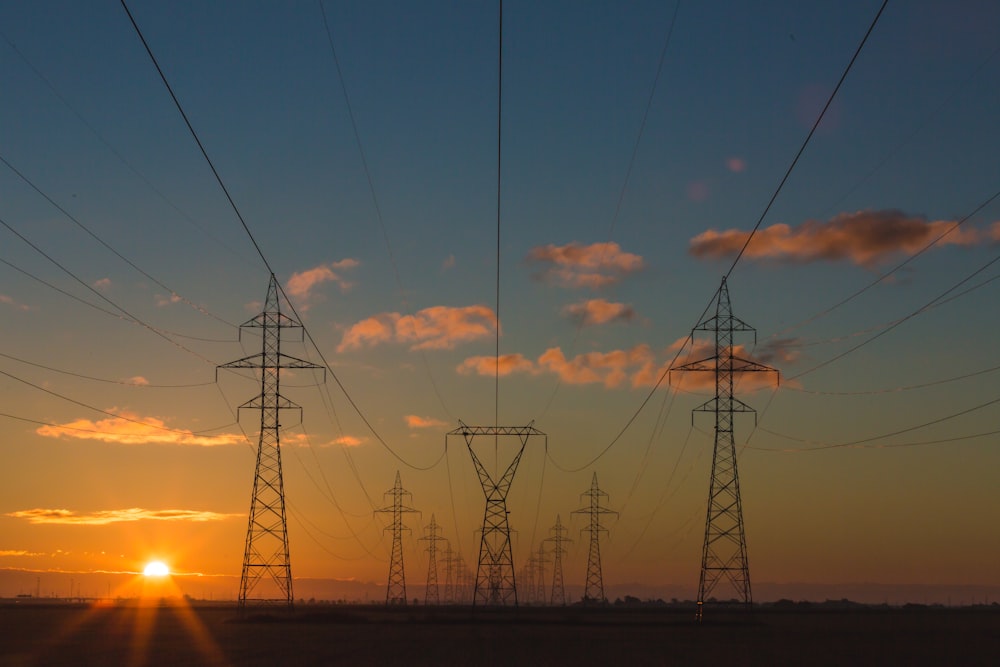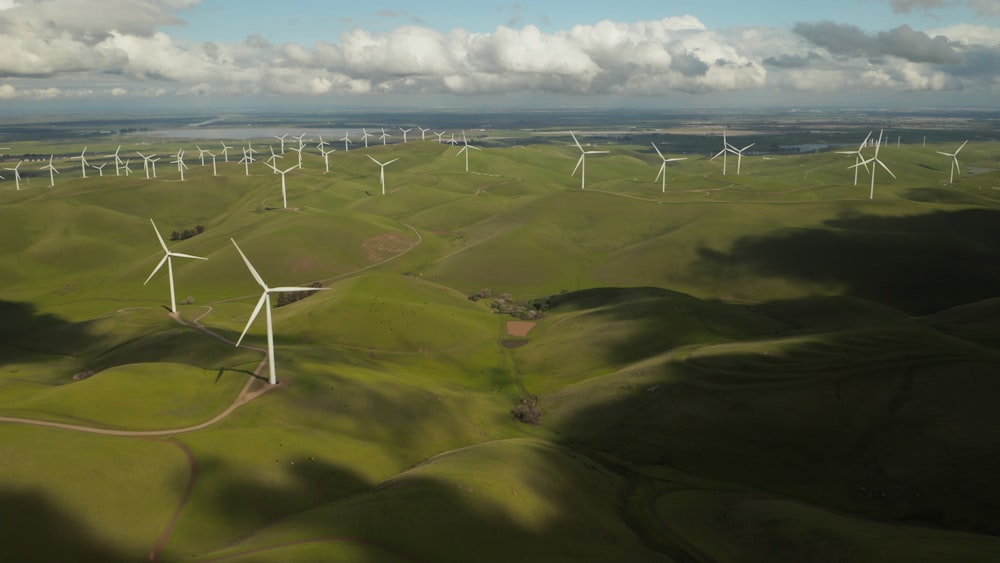
Eco-Power Biomass Electricity Generation
Eco-Power: Biomass Electricity Generation
Harnessing Nature’s Energy
Biomass electricity generation stands as a testament to humanity’s ingenuity in harnessing the power of nature to meet its energy needs. By utilizing organic materials such as wood, agricultural residues, and waste, biomass power plants produce electricity through combustion or biochemical processes. This renewable energy source offers a sustainable alternative to fossil fuels, helping to mitigate climate change and reduce reliance on non-renewable resources. Explore more about biomass electricity generation and its role in shaping a greener future.
Turning Waste into Energy
One of the key benefits of biomass electricity generation is its ability to utilize waste materials that would otherwise be disposed of in landfills or left to decompose, releasing methane—a potent greenhouse gas. By converting agricultural residues, forestry residues, and organic waste into energy, biomass power plants not only generate electricity but also contribute to waste management and environmental conservation. This closed-loop approach minimizes waste and maximizes resource efficiency, aligning with principles of sustainability and circular economy.
Promoting Rural Development
Biomass electricity generation has the potential to stimulate rural economies by creating jobs, supporting local industries, and enhancing energy security. Biomass feedstocks are often sourced locally, providing farmers and forestry workers with additional revenue streams and reducing transportation costs associated with importing fossil fuels. Furthermore, biomass power plants can serve as anchor institutions in rural communities, driving economic growth and revitalization while fostering a sense of pride and self-sufficiency.
Addressing Energy Access Challenges
In regions with limited access to centralized electricity grids, biomass electricity generation offers a decentralized and scalable solution to energy poverty. Small-scale biomass power plants can be deployed in off-grid communities and remote areas, providing reliable and affordable electricity to underserved populations. This not only improves living standards and enhances quality of life but also empowers communities to pursue economic opportunities, education, and healthcare services that rely on electricity.
Supporting Sustainable Forestry Practices
The sustainable sourcing of biomass feedstocks is critical to the environmental integrity of biomass electricity generation. Responsible forestry management practices, such as reforestation, afforestation, and sustainable harvesting, ensure the long-term health and productivity of forest ecosystems while maintaining biodiversity and ecosystem services. By promoting sustainable forestry practices, biomass power plants contribute to carbon sequestration, habitat conservation, and the preservation of natural landscapes.
Mitigating Greenhouse Gas Emissions
While biomass electricity generation emits carbon dioxide during combustion, it is considered carbon-neutral over the long term when managed sustainably. The carbon dioxide released during biomass combustion is offset by the carbon dioxide absorbed by the plants during photosynthesis, creating a closed carbon cycle. By displacing fossil fuel-based electricity generation, biomass power plants help reduce net greenhouse gas emissions, mitigating climate change and contributing to global efforts to limit temperature rise.
Fostering Technological Innovation
The advancement of biomass electricity generation technologies holds promise for further improving efficiency, reducing emissions, and expanding the range of biomass feedstocks that can be utilized. Innovations such as biomass gasification, anaerobic digestion, and co-firing with coal or natural gas offer opportunities to enhance the performance and sustainability of biomass power plants. Research and development efforts continue to drive technological innovation in biomass energy, positioning it as a key player in the transition to a low-carbon energy future.
Driving Policy Support and Market Growth
Policy support and market incentives play a crucial role in accelerating the deployment of biomass electricity generation and unlocking its full potential. Government initiatives such as renewable energy mandates, feed-in tariffs, and tax incentives can encourage investment in biomass power projects and create a favorable business environment for biomass energy producers. Furthermore, public awareness and consumer demand for clean, renewable energy sources can drive market growth and spur investment in biomass electricity generation infrastructure.
Embracing Biomass Electricity Generation
As the world seeks to reduce its reliance on fossil fuels and transition to a more sustainable energy system, biomass electricity generation emerges as a viable and versatile solution with numerous environmental, economic, and social benefits. By harnessing the energy potential of organic materials and embracing technological innovation, biomass power plants can play a significant role in decarbonizing the electricity sector and fostering a greener, more resilient energy future for generations to come.



